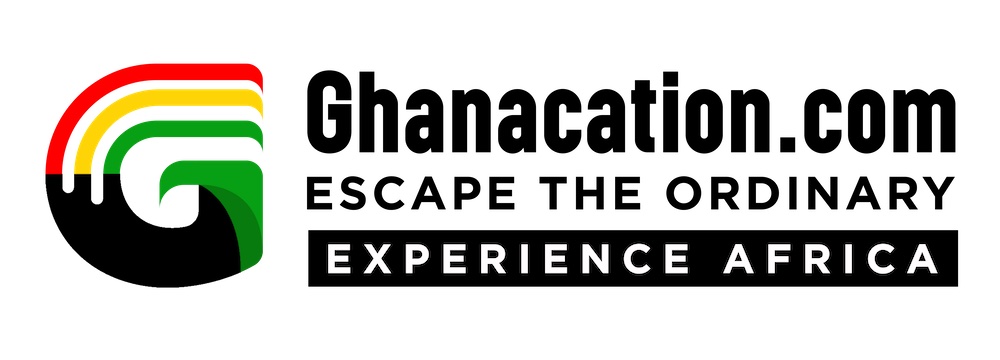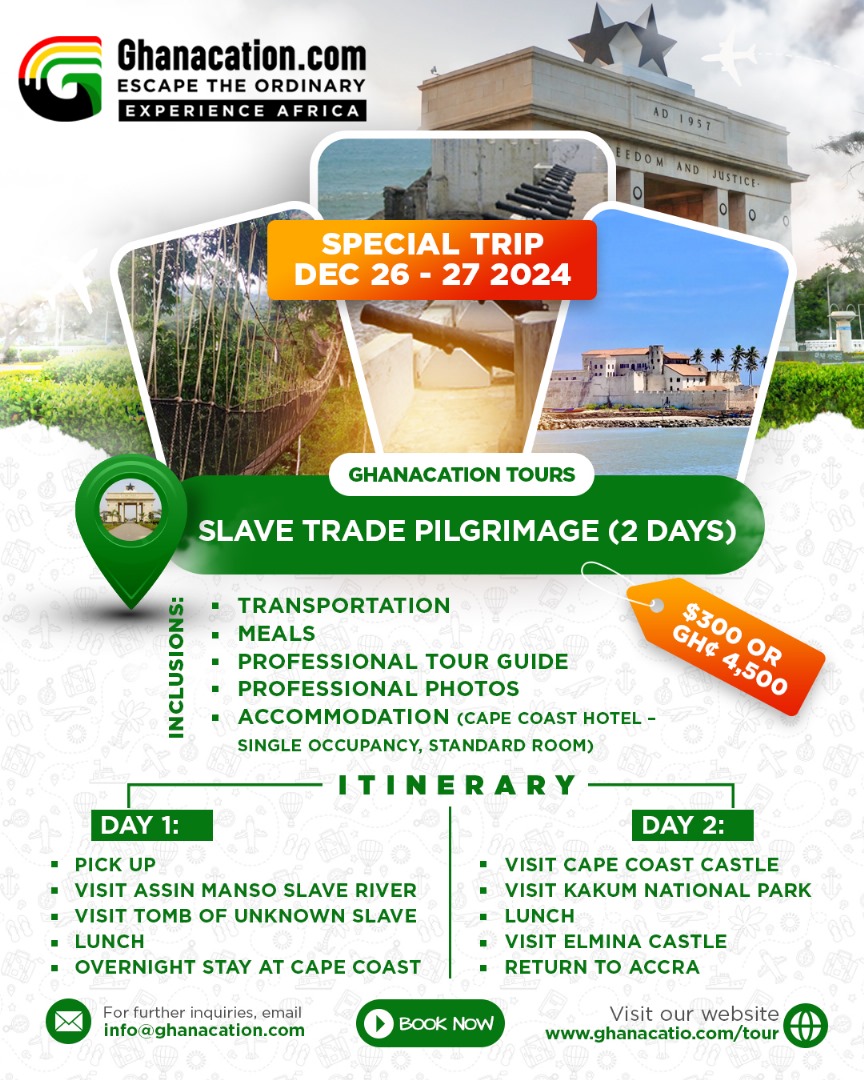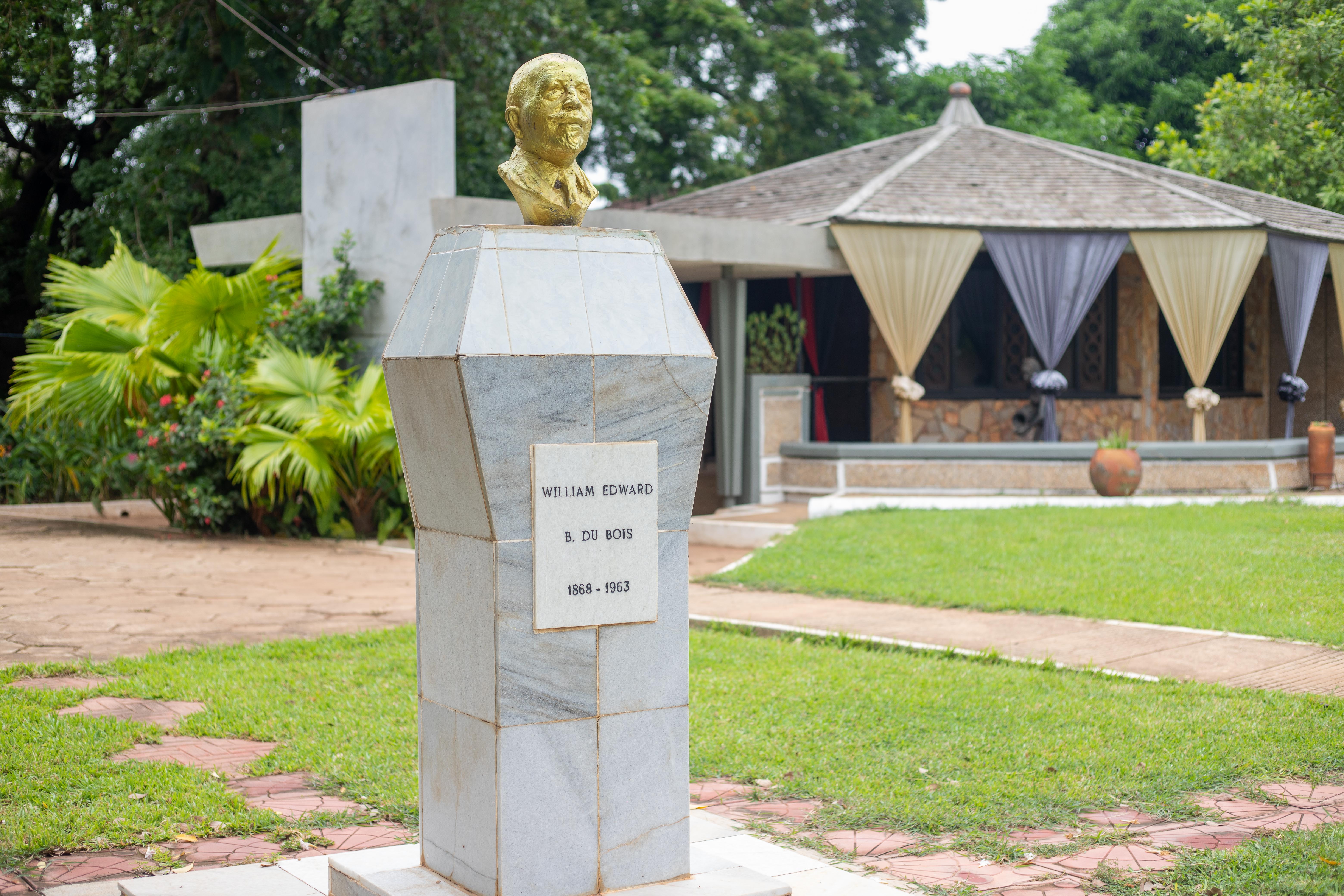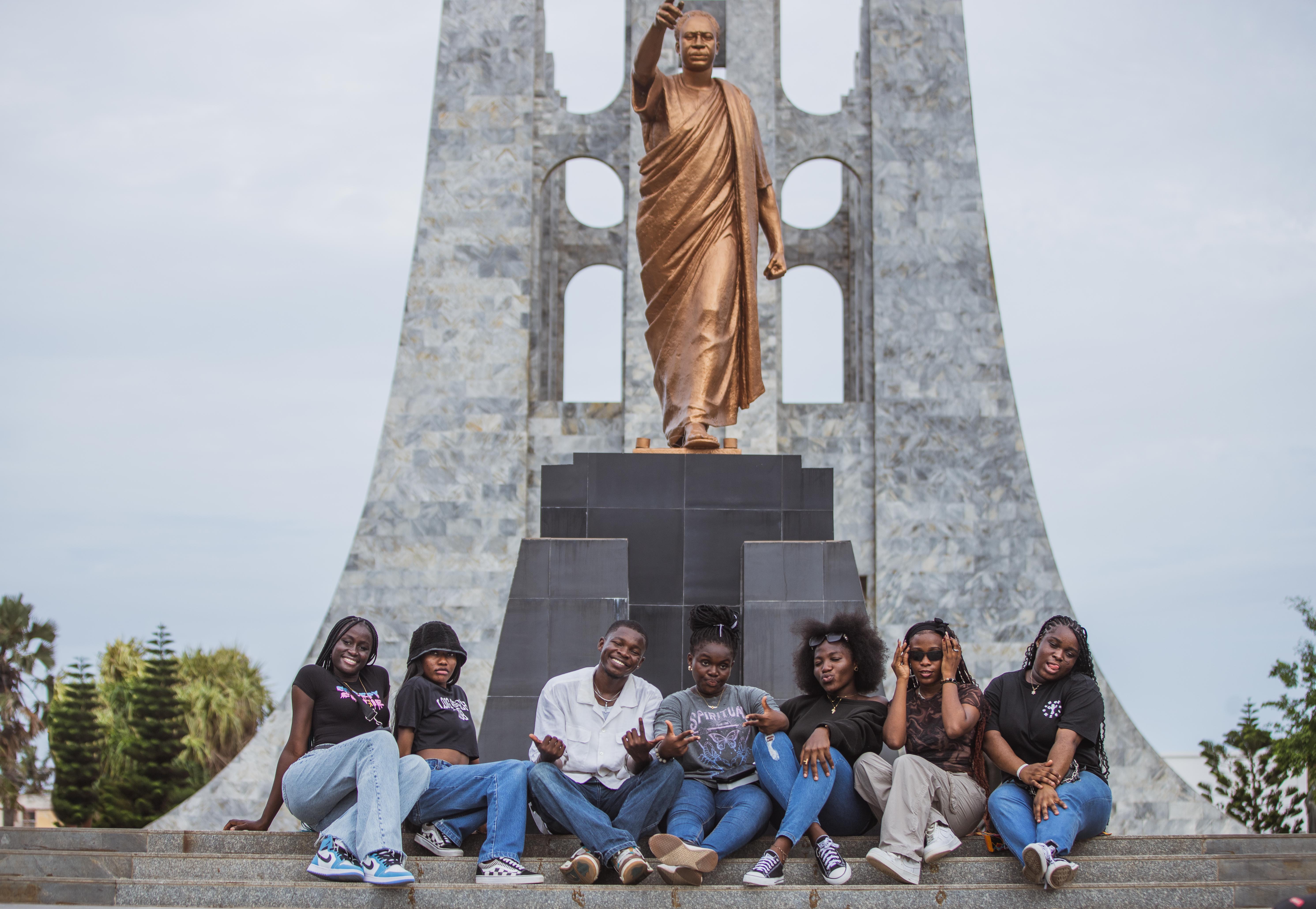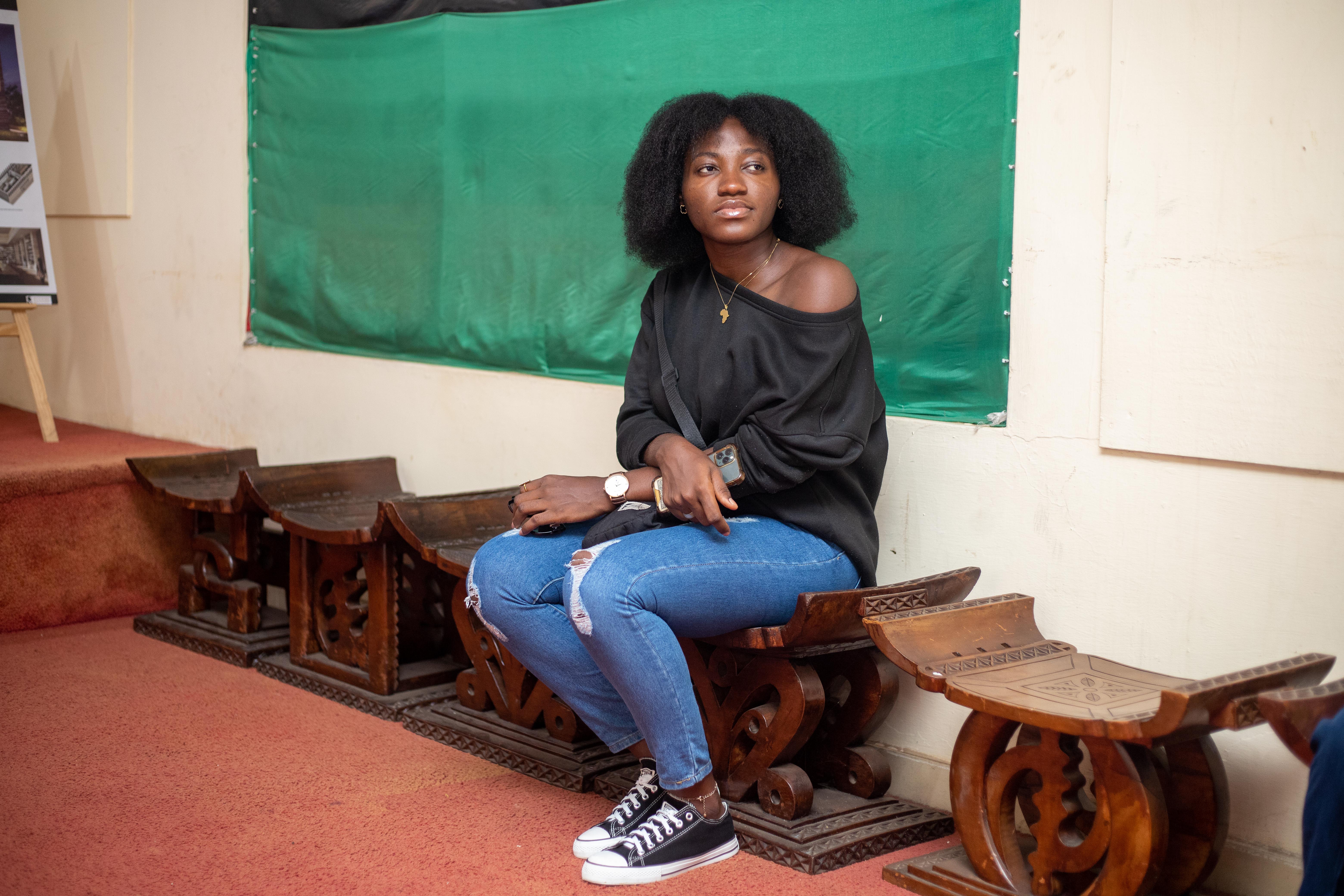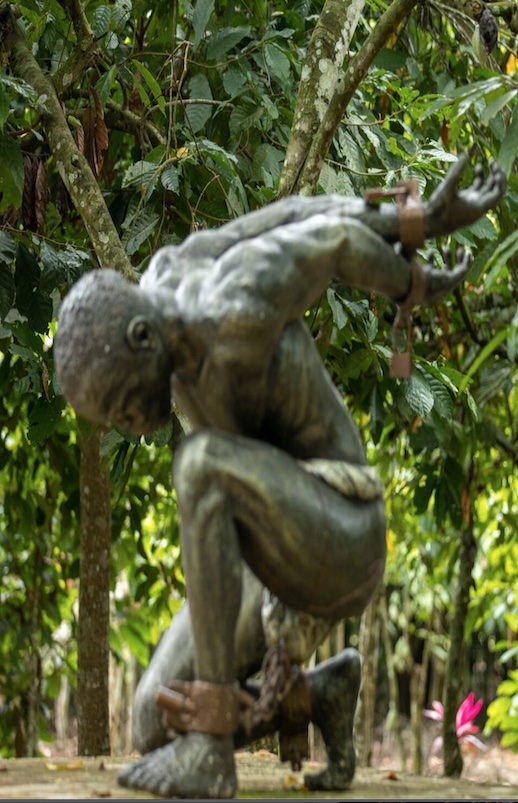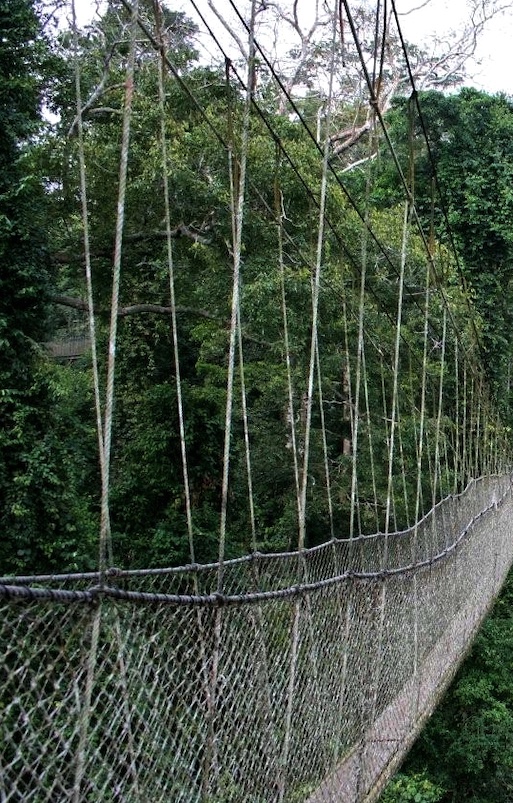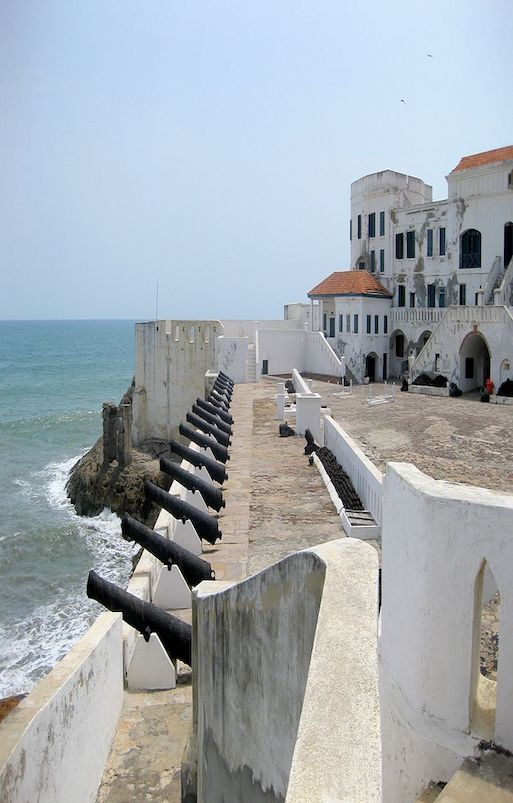Embark on a 2-Day Slave Trade Pilgrimage in Ghana: Honoring Heritage & History
- 2 Days
- Maximum Allowed Per Booking: 50
Adult
Description
Join us for a powerful journey through Ghana’s rich history as we retrace the steps of enslaved Africans along the former slave routes. This two-day pilgrimage immerses you in pivotal sites, offering a profound connection to the resilience of our ancestors.
Duration
2 Days
Language
English
Highlights
🇬🇭✨ Discover the magic of Ghana with a tour that has it all! 🌴🎉 📜 Visit historic slave sites 🏖️ Relax on stunning beaches 🎊 Party like never before 🍲 Indulge in delicious local cuisine. Get ready for a fun and unforgettable adventure! Book your Ghana tour now. 🌍
Included
- Tour guide
- Meals for overnight stay tours
- Refreshments on tour buses
Excluded
- Additional hotel spending not on items included list
Travel Itinerary
Day 1- Dec 26th - Slave River / Tomb of Unknown Slave / Cape Coast Castle

Day 1: December 26th - Accra to Assin Manso Slave River and Cape Coast
Morning
- Departure from Accra to Assin Manso Slave River (6:00 AM - 9:00 AM)
- We will depart early from Accra to Assin Manso (approximately 3-hour drive).
- Arrival and Guided Tour of Assin Manso Slave River (9:00 AM - 11:00 AM)
- Arrive at Assin Manso.
- Take a guided tour of the Slave River site, where enslaved Africans had their last bath before being shipped away.
- Visit the memorial grounds and learn about the history and significance of the site.
Afternoon
- Departure to Cape Coast and Lunch (11:00 AM - 1:00 PM)
- Depart for Cape Coast (approximately 1-hour drive).
- Enjoy lunch at a local restaurant in Cape Coast.
- Check-in at Hotel and Relaxation (1:00 PM - 2:00 PM)
- Check in to your hotel in Cape Coast.
- Take some time to relax and freshen up.
- Visit Cape Coast Castle (2:00 PM - 4:00 PM)
- Tour the Cape Coast Castle, a UNESCO World Heritage Site.
- Learn about the history of the transatlantic slave trade and explore the dungeons, museum, and the “Door of No Return.”
Evening
- Dinner (5:00 PM - 6:30 PM)
- Have dinner at a local restaurant, enjoying some fresh seafood or other Ghanaian delicacies.
- Evening Leisure (7:00 PM onwards)
- Spend the evening exploring Cape Coast.
- Visit a local bar or café, or take a stroll along the beach.
- Overnight Stay
- Stay overnight at your hotel in Cape Coast.
This trip combines historical exploration with nature and modern cultural experiences, offering a comprehensive and engaging tour of Ghana.
Day 2 - Dec 27th - Cape Coast, Kakum National Park, Elmina Castle, Return to Accra for Afrochella
Morning
- Breakfast and Check-out (7:00 AM - 8:00 AM)
- Have breakfast at your hotel.
- Check out and prepare for the day's activities.
- Visit Kakum National Park (8:00 AM - 11:00 AM)
- Depart for Kakum National Park (approximately 30-minute drive).
- Take a guided canopy walk tour, experiencing the breathtaking views from the suspended bridges.
- Explore the forest and learn about the diverse flora and fauna.
Afternoon
- Lunch (11:30 AM - 12:30 PM)
- Enjoy lunch at a nearby restaurant or at the park's facilities.
- Visit Elmina Castle (1:00 PM - 2:30 PM)
- Depart for Elmina Castle (approximately 45-minute drive).
- Take a guided tour of Elmina Castle, the oldest European building in Sub-Saharan Africa.
- Learn about the history and impact of the slave trade.
- Departure to Accra (2:30 PM - 5:30 PM)
- Depart for Accra (approximately 3-hour drive)
This trip combines historical exploration with nature and modern cultural experiences, offering a comprehensive and engaging tour of Ghana.
Frequently Asked Questions
Ghana Travel FAQ
Tour Terms & Conditions
Tour Terms and Conditions
These terms and conditions ("Terms") govern the contractual relationship between [Ebiverse LLC and CationGhana Ltd] ("we," "us," or "our") and the individual or entity booking a tour with us ("you" or "your"). By booking a tour with us, you agree to be bound by these Terms.
Booking and Payment:
- To book a tour with us, you must complete the booking process and provide any required information, including but not limited to, participant names, contact details, and payment information.
- A deposit may be required at the time of booking, with full payment due by a specified date prior to the tour start date. Failure to make full payment by the specified date may result in the cancellation of your booking.
- Payment methods accepted may include credit/debit cards, bank transfers, or other methods as specified by us.
Cancellation and Refunds:
- If you need to cancel your tour booking, you must notify us in writing as soon as possible. Cancellation fees may apply, and the amount refunded (if any) will depend on the timing of your cancellation.
- Refunds, if applicable, will be processed according to our refund policy, which may vary depending on the tour package and circumstances of cancellation.
- We reserve the right to cancel a tour due to unforeseen circumstances, including but not limited to, adverse weather conditions, natural disasters, or insufficient bookings. In such cases, you will be entitled to a full refund of any payments made.
Changes to Itinerary:
- We reserve the right to make changes to the tour itinerary, including but not limited to, changes in accommodation, transportation, or activities, due to factors beyond our control.
- We will make reasonable efforts to inform you of any significant changes to the itinerary as soon as possible. You will have the option to accept the changes or cancel your booking and receive a refund (if eligible) in accordance with our cancellation policy.
Participant Responsibilities:
- It is your responsibility to ensure that you have the necessary travel documents, such as passports, visas, and vaccinations, required for the tour.
- You are responsible for your own health and safety during the tour, including adherence to any health and safety guidelines provided by us or our partners.
- You must comply with any instructions or rules provided by our tour guides or representatives during the tour.
- We reserve the right to refuse participation in the tour or remove any participant who behaves in a manner that is disruptive, disrespectful, or poses a risk to themselves or others.
Liability and Indemnity:
- We will not be liable for any loss, damage, injury, or delay resulting from circumstances beyond our control, including but not limited to, acts of nature, accidents, or third-party negligence.
- You agree to indemnify and hold us harmless from any claims, losses, damages, liabilities, or expenses arising out of or in connection with your participation in the tour.
Insurance:
- We strongly recommend that you obtain travel insurance to cover any unforeseen circumstances, including but not limited to, trip cancellations, medical emergencies, and loss of personal belongings.
- It is your responsibility to ensure that your travel insurance policy provides adequate coverage for the duration and activities of the tour.
Miscellaneous:
- These Terms constitute the entire agreement between you and us with respect to the subject matter herein and supersede all prior agreements and understandings, whether written or oral.
- These Terms shall be governed by and construed in accordance with the laws of [Ghana], and any disputes arising out of or in connection with these Terms shall be subject to the exclusive jurisdiction of the courts of [Ghana].
By booking a tour with us, you acknowledge that you have read, understood, and agree to these Terms and Conditions. If you have any questions or concerns, please contact us before booking your tour.
[CationGhana Ltd] [15YB Agostino Neto Road] [Airport Residential Area] [Accra, Ghana] [WhatApp +1 (954) 400-6003] [Local Call +233 536 869 5566] [ April 22nd, 2024]
Average Guest Reviews
No Review Available
From $300.00
Book This Tour
Contact Information
Have a question in mind
Looking for more info? Send a question to the tour agent to find out more.
You might also like
Escape the Ordinary - Experience Africa

